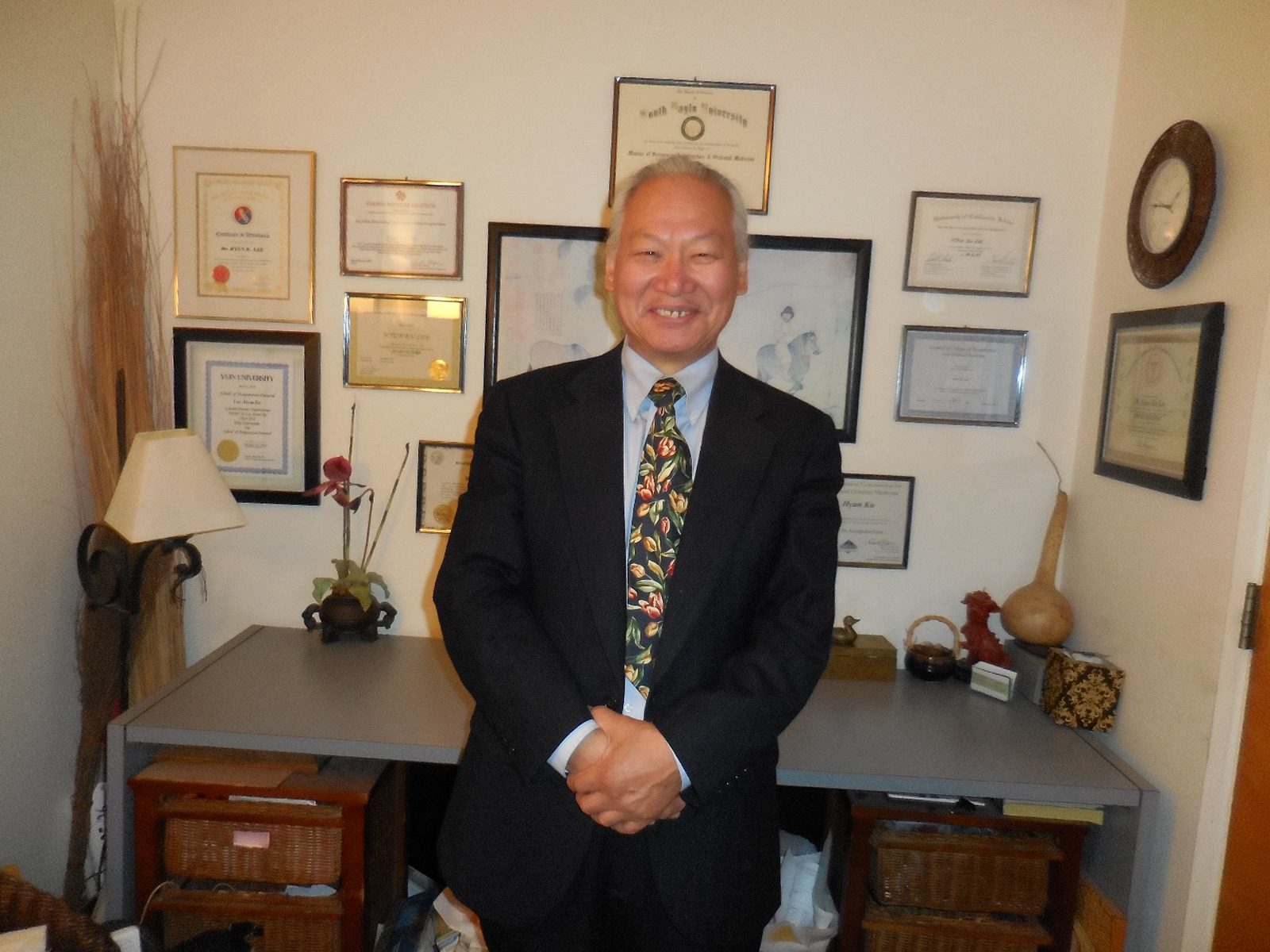By Dr. Hyun K. Lee
Contributing Writer
The thyroid is one of the largest endocrine glands in the body located in the front of the neck, right below the larynx and next to and around to the trachea. It controls the way your body uses energy by producing thyroid hormones, which regulate metabolism and affect the rate of other systems in the body. When there is a problem with the thyroid, it usually presents itself in conditions called hyperthyroidism and hypothyroidism.
Hyperthyroidism is a condition in which the thyroid gland produces too much of the thyroid hormone. Some refer to this condition as “overactive thyroid”.
To picture its function a bit more visually, one could relate it to the gas pedal in a car. Pressing down hard on the pedal for a continuous amount of time creates more heat within the engine, burns gas more rapidly and uses up other fluids faster as well. This is the concept of hyperthyroidism.
Symptoms of this condition include a very skinny frame, abnormal hunger, requiring a lot of food, frequent bowel movements (several times a day), rapid heartbeat, being easily overheated, sweating easily and a lot, thin hair prone to breakage, weak muscles occasionally shaky, a protruding of the thyroid gland, and for women a menstruation cycle longer than 28 days and usually with minimal bleeding and a lot of pain. (In some rare instances hyperthyroidism can make you overweight from excessive overeating; taking in more food than you can burn.)
Korean Constitutional Medicine diagnoses hyperthyroidism as an overabundance of yang energy within the organs. Yang energy controls activity within the body, whereas yin energy controls inactivity. Together, in a healthy body, they balance to produce the perfect level of activity in your system. When the yang is too strong, and yin too weak within several organs, this produces symptoms of hyperthyroidism like palpitations and rapid heartbeat, sweating, burning food quickly, hunger, etc.
The treatment for this is to build the yin energy in the organs with acupuncture and herbs. When the organs become balanced, they will naturally balance the thyroid on their own. It may take a little bit of time, but balance can be restored naturally and symptoms will disappear.
My next article will discuss the opposite of this condition: hypothyroidism.
Dr. Lee’s office is located in the Viborg Medical Center, 2030 Viborg Road, Solvang. The clinic is held every Wednesday only. Dr. Lee also has offices in Los Angeles, and Atascadero. To make an appointment in the Solvang office, call 805-693-5162.







